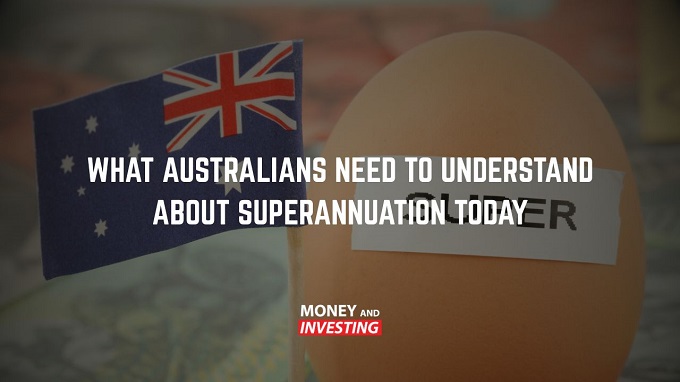Your
30s often feel like a significant turning point. Career-wise, you're
likely hitting your stride with a healthier salary. Relationships may
feel more profound, and you're probably tackling bigger financial
commitments, like a mortgage or starting a family. But with these
exciting advancements come fresh challenges. If not navigated carefully,
these can subtly undermine your long-term financial well-being.
.jpg)
Let's dive into 5 common financial traps to sidestep in your 30s:
1. The "Lifestyle Creep" Trap
As
your income climbs, so does the temptation to upgrade everything:
dining out more often, eyeing that high-end car, or indulging in other
premium experiences.
While
treating yourself is part of a balanced life, letting spending expand
unchecked with every pay rise can leave your financial progress
stagnant. It's vital to understand that simply spending more doesn't
automatically equate to a happier or better life.
Smarter Move:
Instead of immediately matching your lifestyle to your new income, try
to maintain your current spending habits and invest the difference. If
you're set on an upgrade, aim to fund it with returns from your passive
investments, not just your paycheck. This creates a sustainable path to
enjoying life's extras.
2. Neglecting Your Retirement Nest Egg (Superannuation)
Life
in your 30s is busy! Retirement can seem like a distant concept,
pushing superannuation (or retirement savings) to the bottom of the
priority list. Unfortunately, ignoring it now means missing out on
powerful long-term growth.
Smarter Move:
Consistently contributing to your super early on is one of the
simplest, most effective ways to build wealth. Even small, regular
contributions can balloon significantly over decades, thanks to the
magic of compound interest and potential tax benefits. Think of
retirement not just as stopping work, but as gaining the freedom to
spend your time exactly how you wish—traveling, pursuing hobbies, or
being with loved ones. Regular super contributions get you there faster.
3. Drowning in "Bad" Debt
A
higher income can sometimes tempt us into accumulating "bad" debt—think
high-interest credit cards for non-essential purchases, personal loans
for depreciating assets, or simply living beyond our means. This kind of
debt restricts your cash flow and severely hampers your ability to save
and invest.
Smarter Move:
Before making significant purchases or taking on new debt, hit pause.
Use the returns from your investments as a guide for lifestyle spending.
If your investments aren't generating enough to cover a new expense, it
might be a sign to hold off. This discipline provides a buffer against
overspending and keeps you focused on long-term goals. True financial
security comes from building assets (like property or a diverse
investment portfolio), not chasing expensive items that quickly lose
value.
4. The "I'll Invest Later" Procrastination
"I'll
start investing when the time is right" is a common refrain. The
reality? The best time to start investing was yesterday; the second-best
time is today. The earlier you begin, the more time your money has to work for you.
Smarter Move:
You don't need a fortune or perfect market timing to begin. Investing a
set amount regularly—no matter how small—into diversified options like
index funds or ETFs can lead to substantial growth over time. Time is
your most powerful ally in the investment world, and once it's gone, you
can't get it back. Even a modest, automated monthly contribution can
yield fantastic results down the line.
5. The Social Comparison Game
In
your 30s, it's easy to get caught up comparing your life to others.
Social media feeds might be filled with friends buying houses, taking
amazing international holidays, or showing off pricey gadgets.
Smarter Move:
Remember, social media rarely tells the whole story. Those curated
highlight reels often hide mountains of debt, financial stress, and
obligations. Focus on your
personal financial goals and progress, not someone else's perceived
achievements. Consider seeking guidance from a financial mentor who can
offer honest, unbiased advice, free from societal pressures and the
"keeping up with the Joneses" mentality.
Your
long-term financial stability hinges on making choices that serve your
future self, rather than chasing short-term gratification.
Final Thoughts
While
your 30s are a crucial time for career advancement, they're equally
important for laying a robust financial foundation that can support
decades of growth and freedom. The smart habits you cultivate now will
pay dividends for years to come.
A
more secure future is within reach when you practice self-control with
spending, consistently contribute to your retirement, steer clear of bad
debt, invest early, and measure success by your own benchmarks, not
others'.
Ready to take control of your finances and learn practical strategies to grow your wealth? Visit www.wealthplaybook.com.au. You'll find tools and tips to help everyday Australians build tomorrow's wealth, today.
.jpg)

Comments
Post a Comment